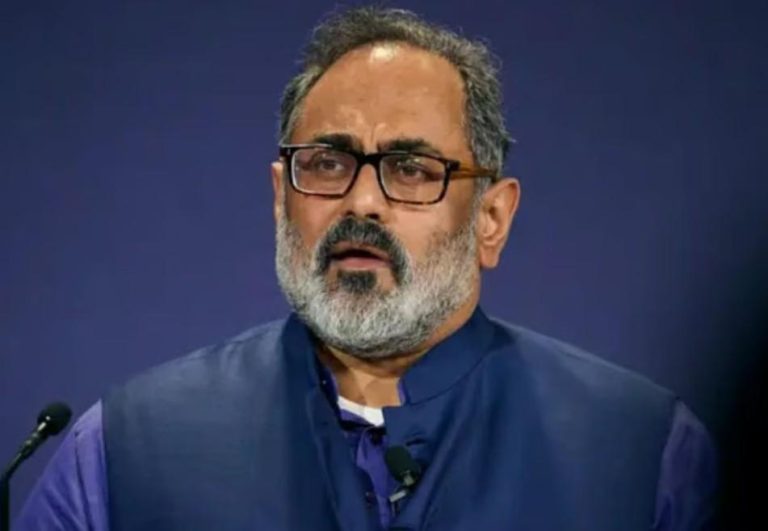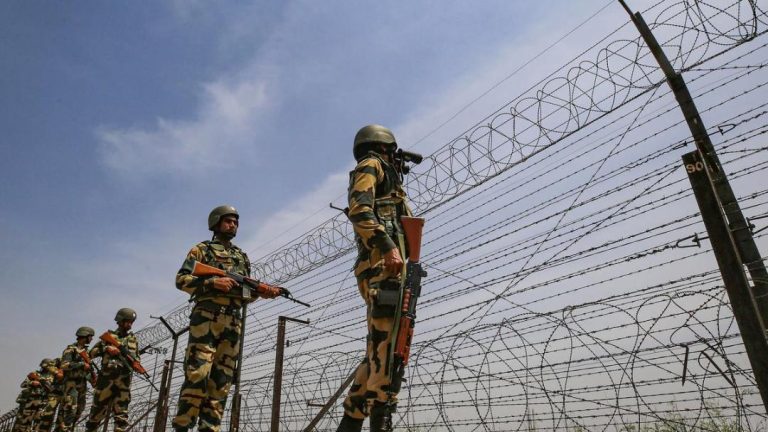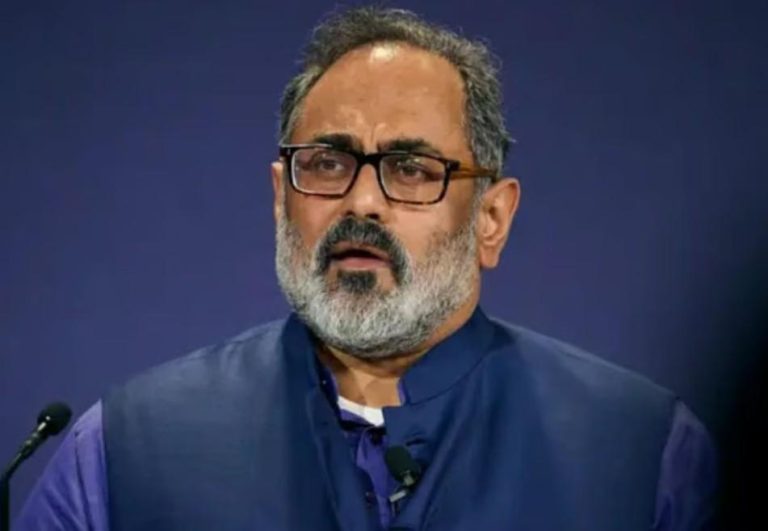
Samay, Ranveer, Ashish & Others Booked Amid Row Over Vulgar Remarks
In recent times, the world of social media and online content has been marred by controversy and criticism. The latest episode of ‘India’s Got Latent’ has sparked a heated debate and a police case has been filed against several YouTubers, including Samay Raina, Ranveer Allahbadia, Apoorva Mukhija, Ashish Chanchlani, and Jaspreet Singh.
The FIR, filed at the Kamrup Police Station in Assam, accuses the content creators of promoting obscenity and engaging in sexually explicit and vulgar discussions. The controversy began when Ranveer Allahbadia made a remark about watching parents have sex, which sparked outrage and anger among many.
The episode, which was uploaded on YouTube, featured a discussion between the five content creators on a variety of topics, including relationships, intimacy, and sex. However, Allahbadia’s comment about watching parents have sex was widely condemned and deemed inappropriate.
The FIR, which was filed on June 28, states that the content creators’ comments were “obscene, indecent, and lewd” and were intended to “corrupt and defile the minds of the youth”. The police case has been filed under Sections 292, 293, and 34 of the Indian Penal Code, which deal with obscenity and public nuisance.
The controversy has sparked a heated debate on social media, with many people expressing outrage and disgust at the content creators’ comments. Some have called for the content creators to be held accountable for their actions, while others have defended their right to free speech.
However, the controversy has also raised questions about the responsibility of content creators and the impact of their actions on society. In an era where social media has become a major platform for self-expression and entertainment, content creators have a significant influence on their audience.
As a result, it is essential that they use this influence responsibly and avoid making comments that are offensive, inappropriate, or harmful. Content creators have a duty to their audience to provide content that is respectful, informative, and enjoyable, but also to avoid causing harm or offense.
In this case, the content creators’ comments were not only inappropriate but also harmful. They promoted a culture of disrespect and disregard for others, and encouraged a sense of entitlement and a lack of accountability. This is not only harmful to individuals but also to society as a whole.
The controversy has also raised questions about the role of parents and guardians in monitoring and regulating the content that their children are exposed to. As parents, it is our responsibility to ensure that our children are exposed to appropriate and respectful content, and to teach them the importance of respect, empathy, and kindness.
In conclusion, the controversy surrounding the FIR against Samay Raina, Ranveer Allahbadia, Apoorva Mukhija, Ashish Chanchlani, and Jaspreet Singh is a reminder of the importance of responsibility and accountability in the world of social media and online content. Content creators have a significant influence on their audience, and it is essential that they use this influence responsibly and avoid making comments that are offensive, inappropriate, or harmful.
The controversy has also raised questions about the role of parents and guardians in monitoring and regulating the content that their children are exposed to. As parents, it is our responsibility to ensure that our children are exposed to appropriate and respectful content, and to teach them the importance of respect, empathy, and kindness.
In the end, the controversy serves as a reminder that we must all be responsible and accountable for our actions, and that we must strive to create a society that is respectful, inclusive, and kind.






